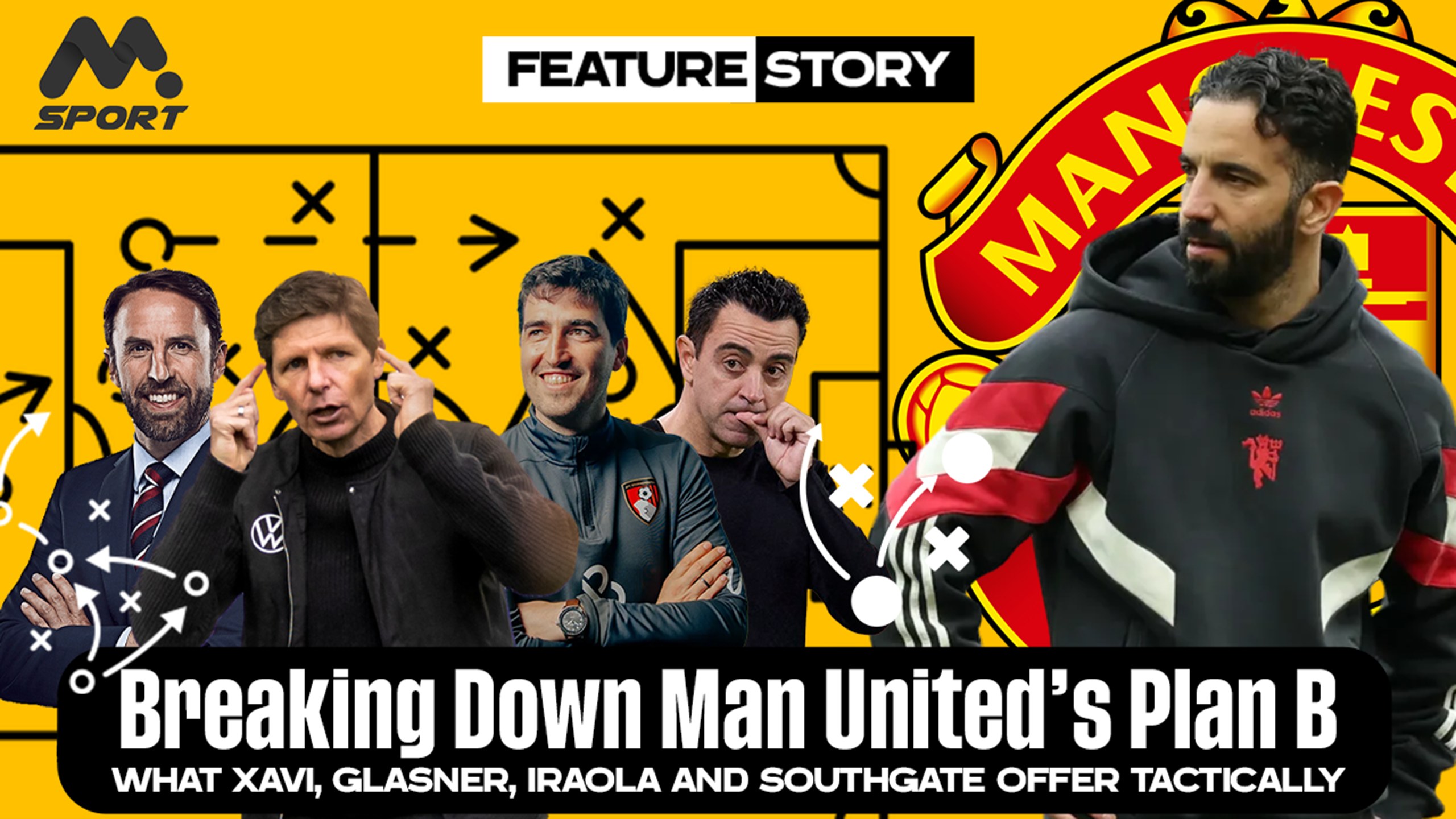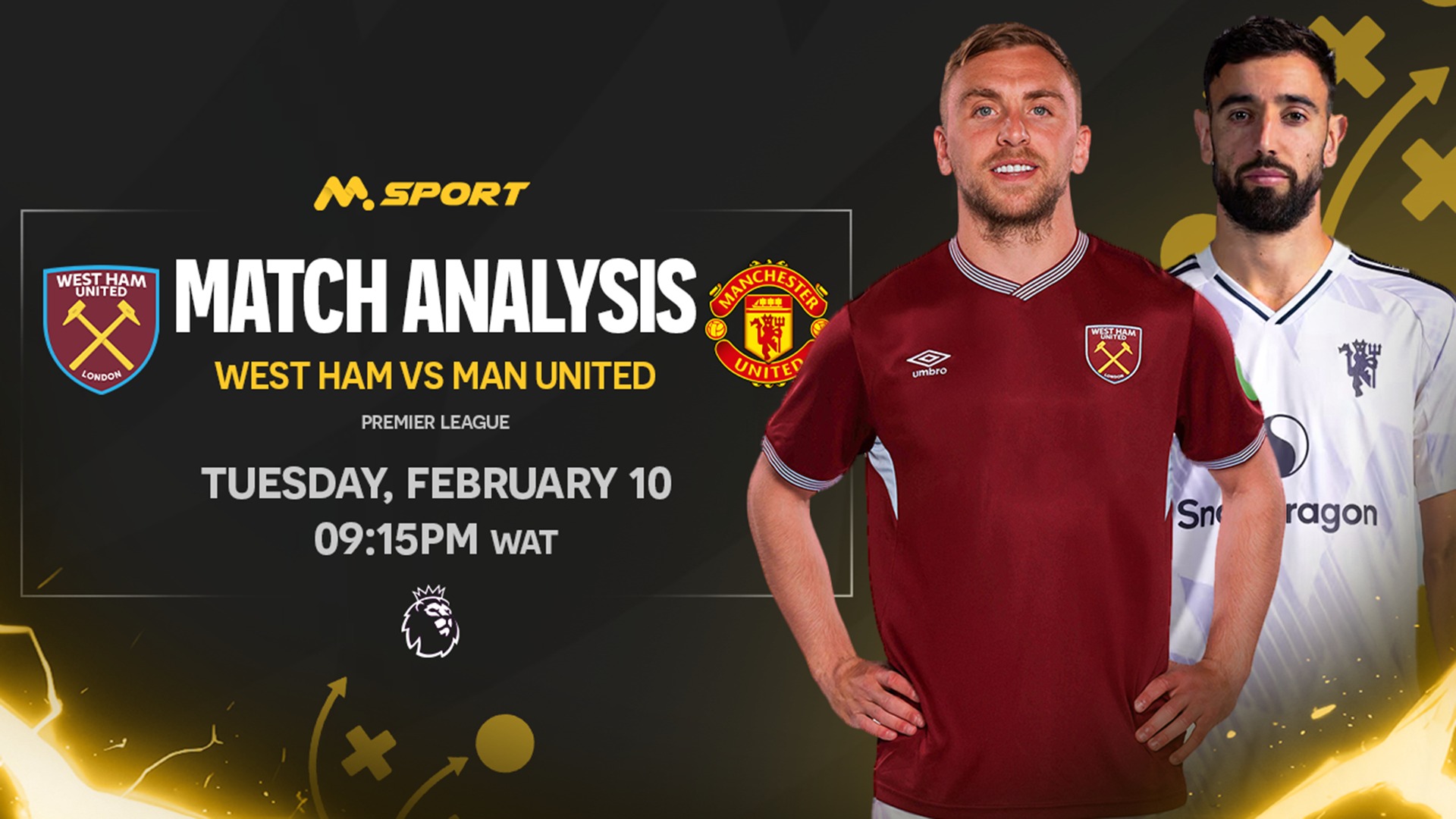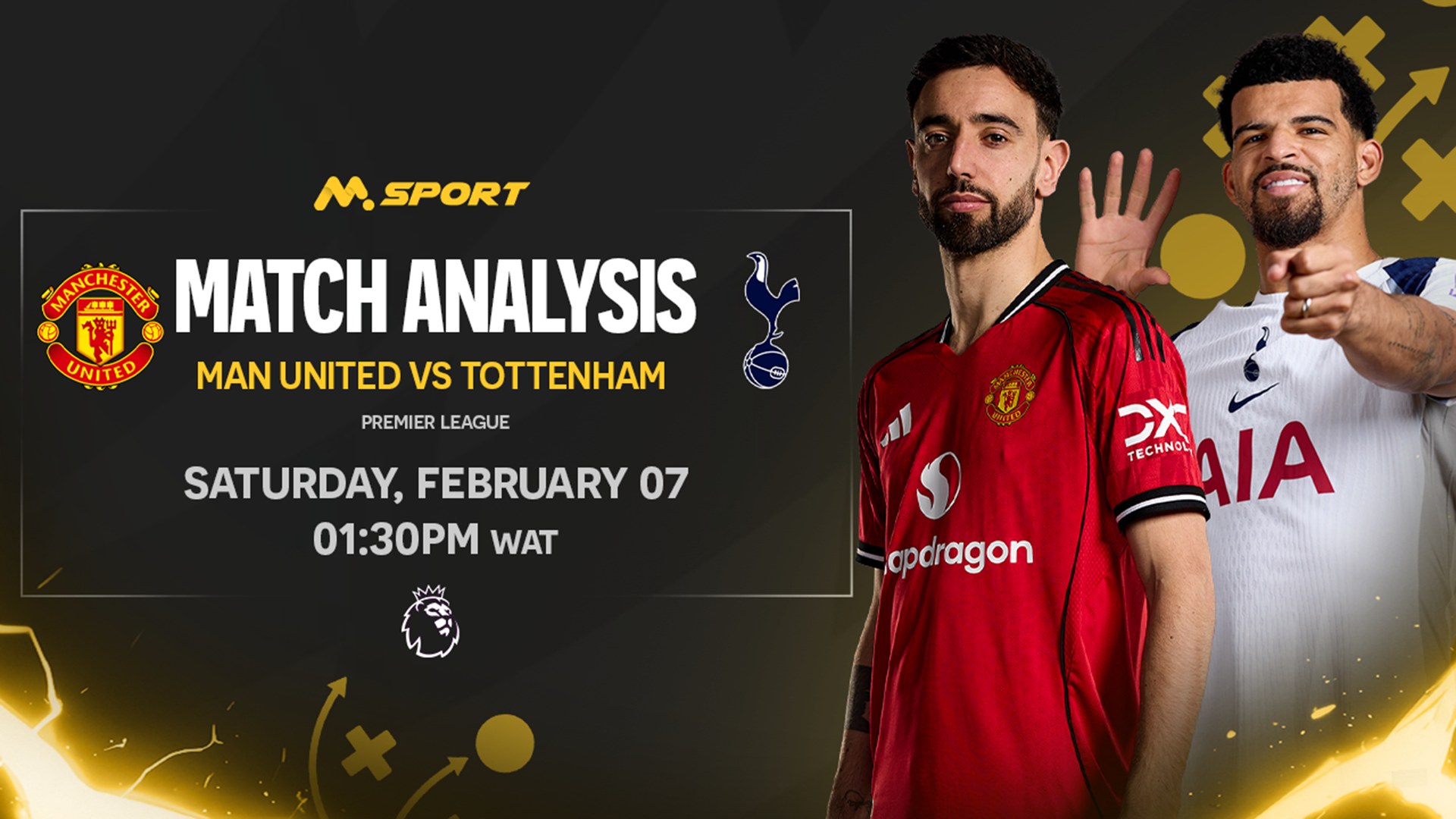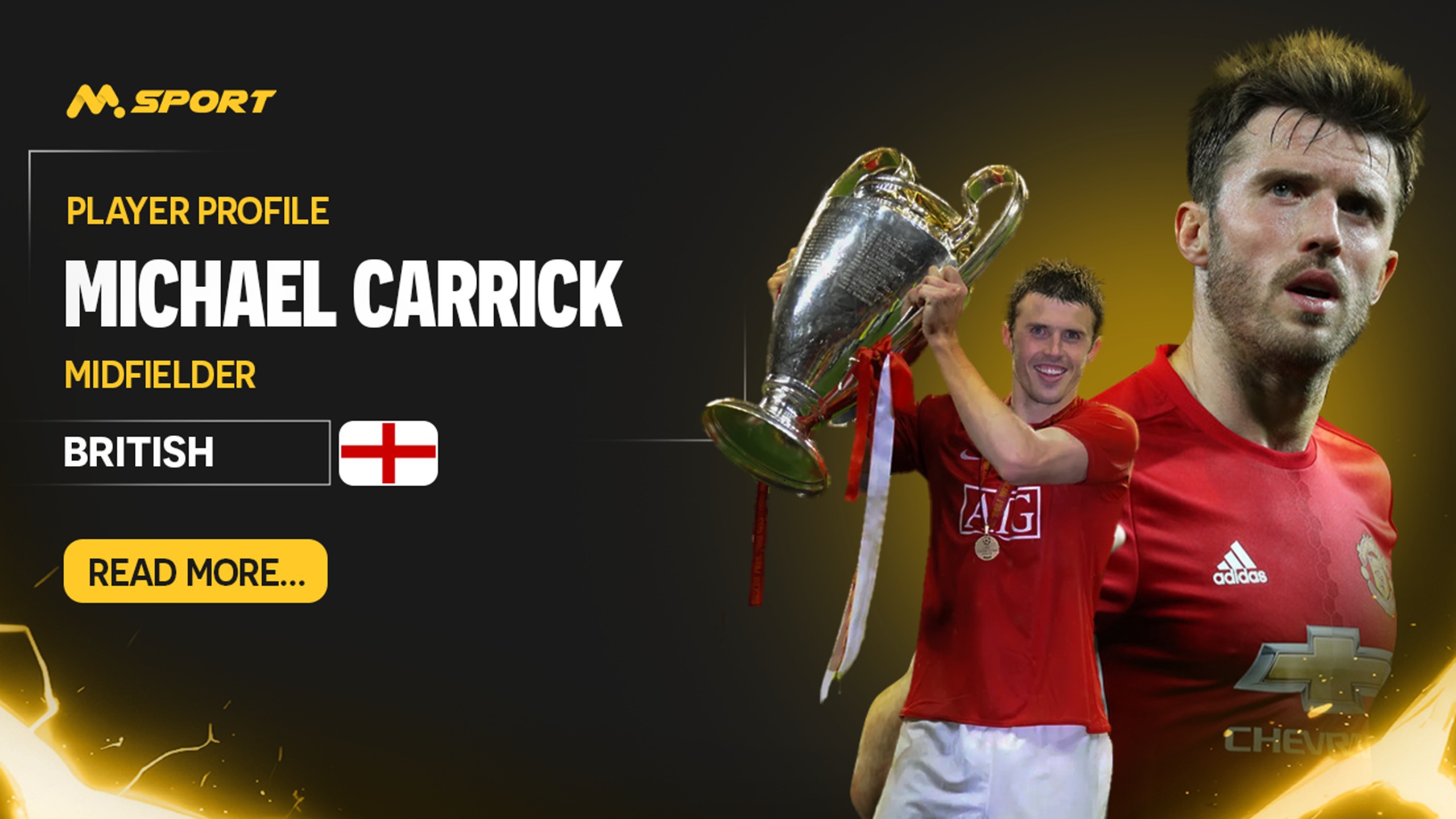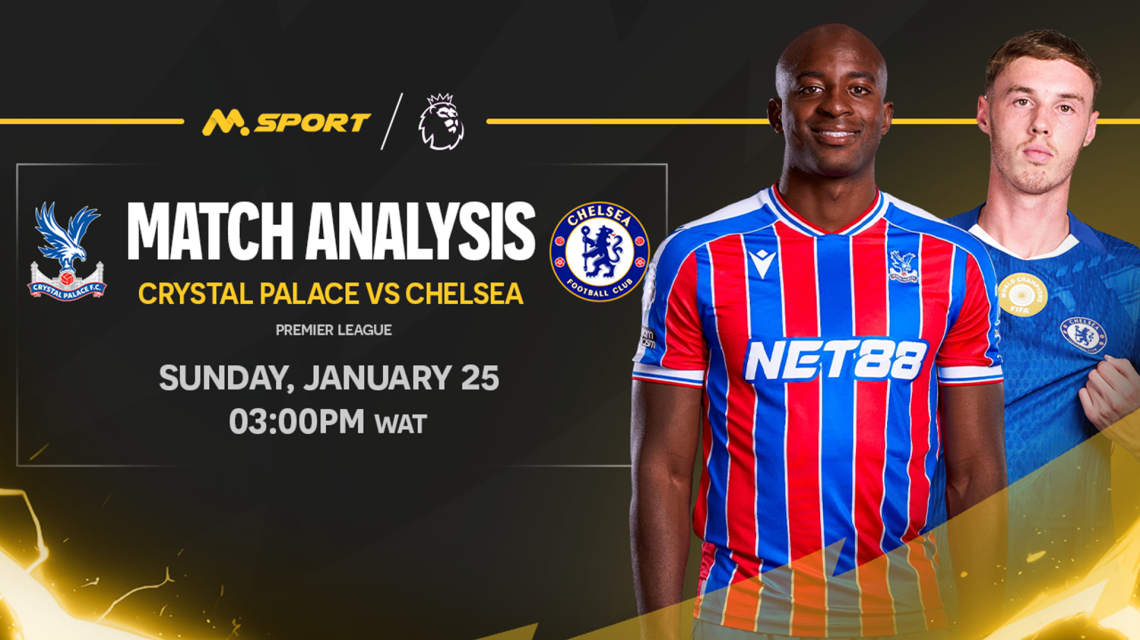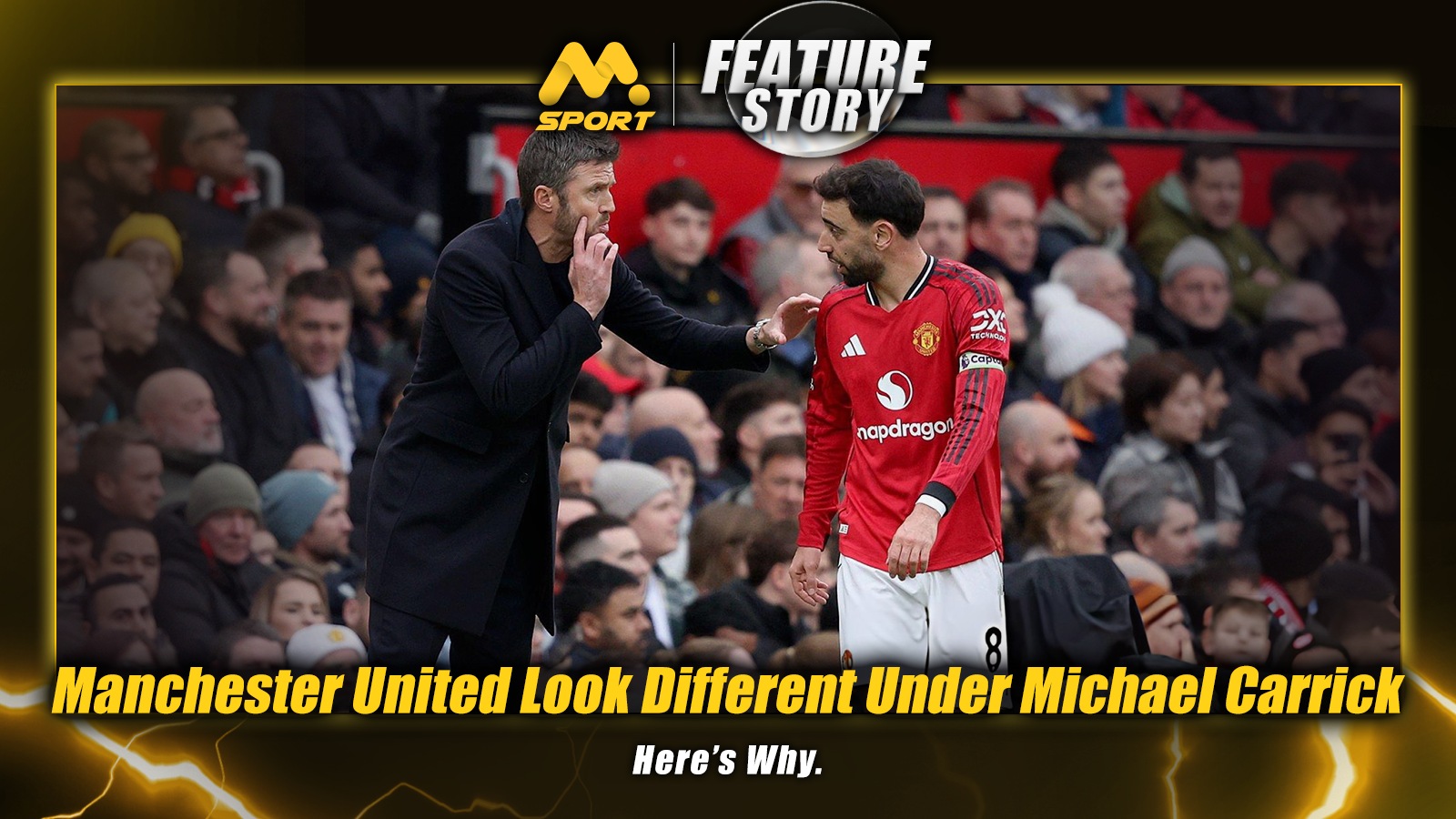Manchester United have not pulled the trigger on Ruben Amorim yet, but the noise around Old Trafford is growing louder. Results have been uneven, performances inconsistent, and questions are starting to form about whether Amorim’s system can truly translate from Portugal to the Premier League. The names being floated as possible replacements: Xavi Hernández, Oliver Glasner, Andoni Iraola, and Gareth Southgate, each bring different tactical identities and risks. If United are forced into a Plan B, what exactly would each coach offer?
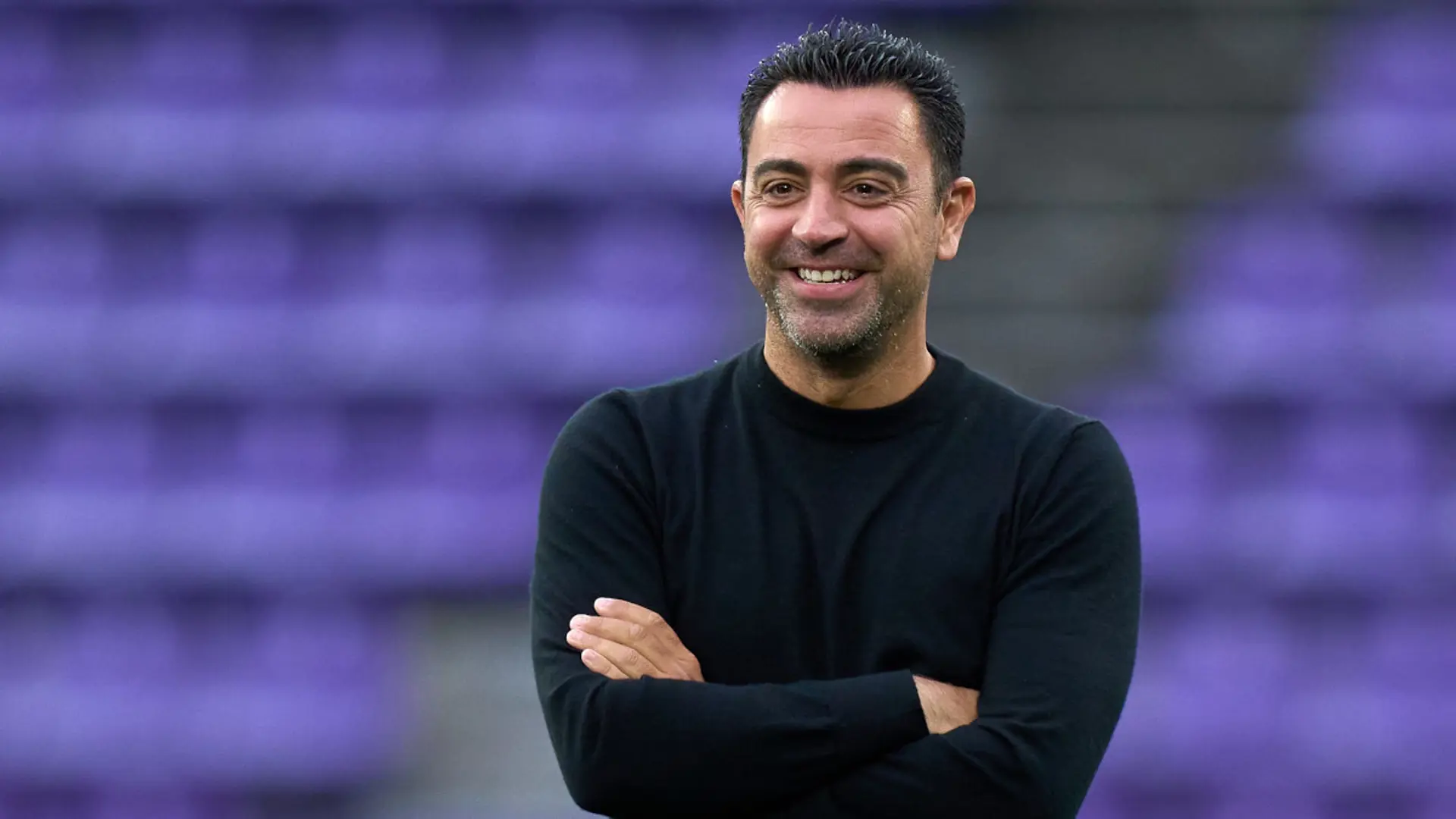
Xavi Hernandez: The Philosopher of Possession
As he once explained himself: “My style is 4-3-3, but we can adapt the attack to 3-4-3. We can use 4-2-3-1, it depends on what players you have. But I use wingers and not full-backs to attack. When you have full-backs, the opponent can dominate the game. That’s just my opinion.”
When he took over a broken Barcelona from Ronald Koeman in 2021, they were ninth in La Liga. Within months, he had restored identity, climbed to second place, and in his first full season, won the title, all while operating on a shoestring budget. Crucially, he trusted La Masia, handing debuts to more than 15 academy players: Lamine Yamal, Alejandro Balde, Fermin Lopez, and Pau Cubarsi among them.When he took over a broken Barcelona from Ronald Koeman in 2021, they were ninth in La Liga. Within months, he had restored identity, climbed to second place, and in his first full season, won the title, all while operating on a shoestring budget. Crucially, he trusted La Masia, handing debuts to more than 15 academy players: Lamine Yamal, Alejandro Balde, Fermin Lopez, and Pau Cubarsi among them.
That willingness to develop and trust youth feels tailor-made for United, a club that has always leaned on its academy. By contrast, Amorim has given very few youngsters a chance at Sporting or United. Even players like Fatawu Issahaku, once crowned Africa’s best U20 talent, struggled for minutes under him.
For United, Xavi offers identity, academy integration, and possession football, though critics will ask if his tiki-taka approach can survive the intensity of England.
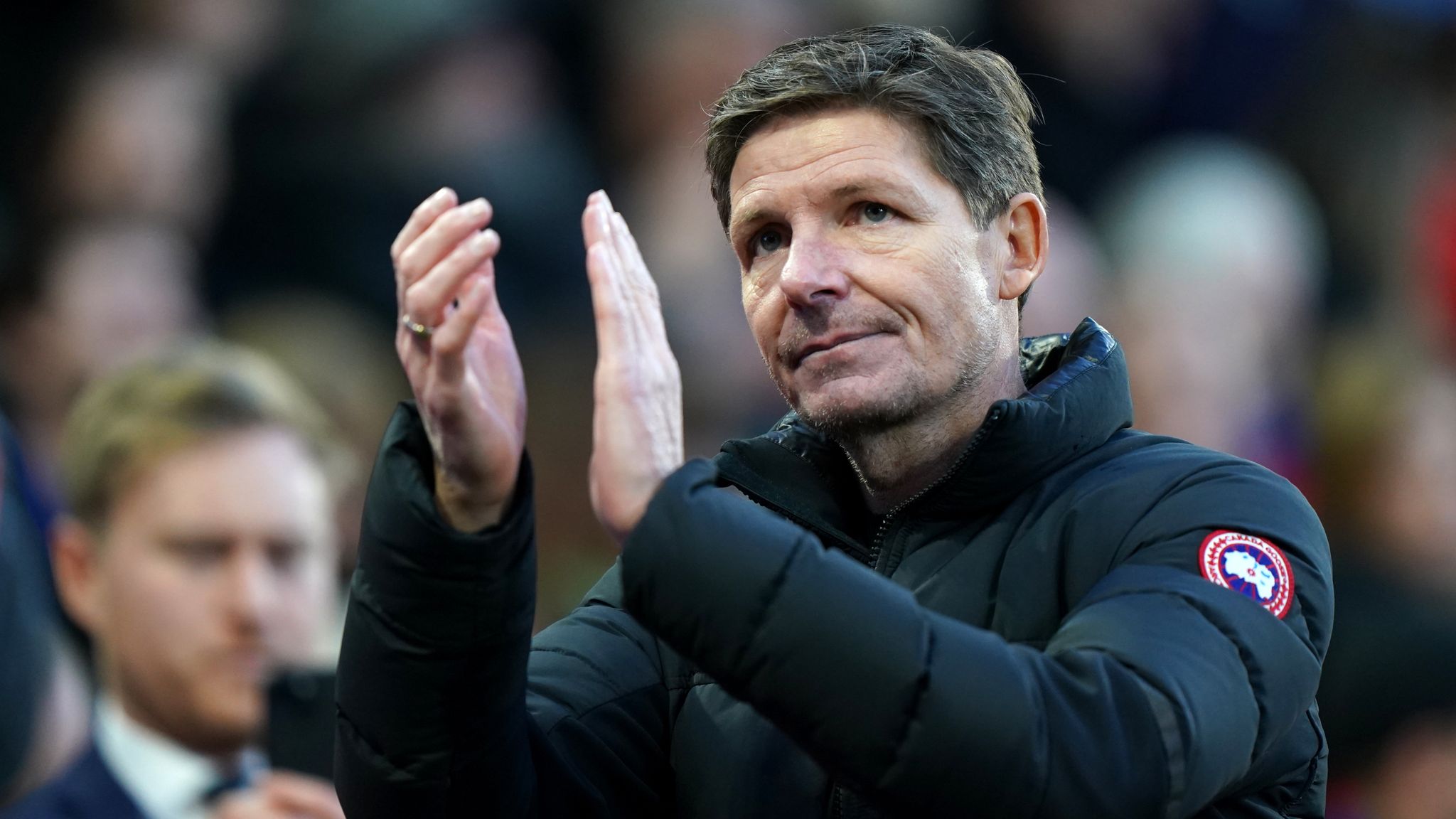
Oliver Glasner: The Pragmatist
Glasner is a problem-solver more than a philosopher. He’s shifted comfortably between 4-4-2, 3-4-2-1, and 3-5-2 across spells in Austria, Germany, and now England. At Eintracht Frankfurt, he engineered a remarkable Europa League triumph in 2022 by mixing compact defense with direct transitions.
He is clear about his adaptability: “I played every single system throughout my career; I got promoted with LASK playing the 4-4-2, I played 3-5-2, I played 3-4-2-1. From my perspective, I prefer 4-4-2, it’s my favorite system, but we need the right players for this.”At Crystal Palace, his side averages just 39% possession, making him one of the most defensive managers in the league. Yet context matters: Palace do not have the players to dominate the ball. Glasner has built a resilient, counter-punching team that grinds results and frustrates bigger opponents.
His sharp edge showed in a cheeky post-match remark too: “I told Pep that if we meet in the FA Cup final he can’t use the same system, we’ll solve it out.” That confidence reflects his tactical courage.
United fans, however, may shiver at the thought. They’ve seen this movie before. Mourinho won trophies but was hounded out because the football didn’t fit United’s traditions. Glasner’s adaptability is a plus; he’s more flexible than Amorim, but his low-possession approach may not fly at Old Trafford unless he shows a different gear.
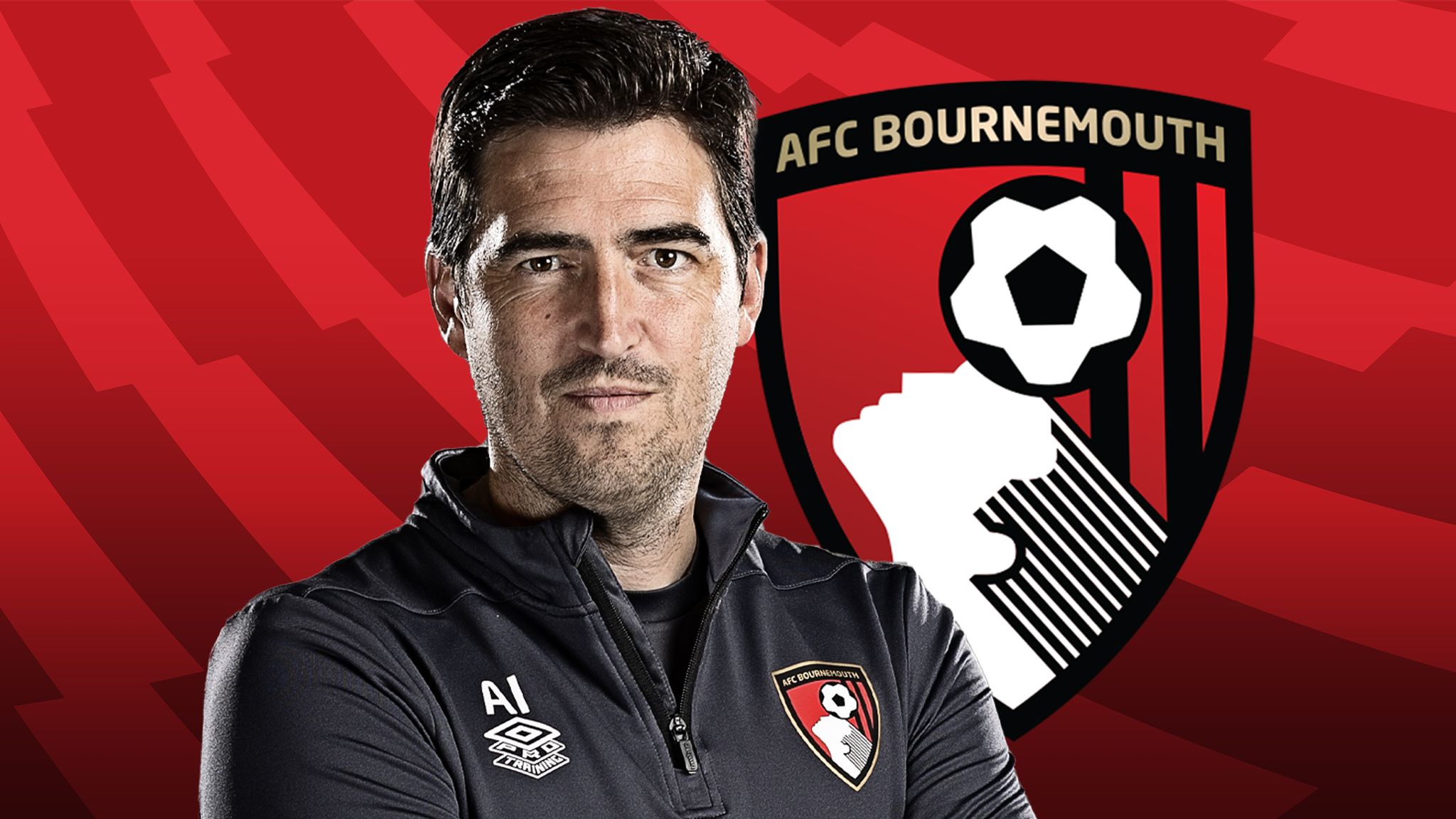
Andoni Iraola: The Transition Master
As he himself put it: “I prioritise my teams to be more aggressive, to be faster than the opposition.”
At Bournemouth, he has shocked everyone by not just surviving but thriving. Last two seasons, the club risked sacking a safe pair of hands in Gary O’Neil to gamble on Iraola. It worked. Despite losing key defenders, Iraola has elevated players like Justin Kluivert, Marcus Tavernier, and David Brooks by repurposing them into unorthodox roles, sometimes as No. 10s, sometimes as pressing machines. His team plays fearless football and currently sits near the Premier League’s top four, a staggering achievement for a club of Bournemouth’s size.
For United, Iraola’s style would feel natural. Think back to their greatest eras: Giggs flying down the wing, Ronaldo cutting inside, Beckham swinging crosses, Rashford on the break. United’s soul has always been about wingers and direct football. The catch? Amorim’s vision has moved the squad away from that, discarding traditional wingers for wingbacks and dual No. 10s. To fit Iraola’s system, United may need another rebuild. But if you want energy, identity, and excitement, Iraola is arguably the boldest fit.
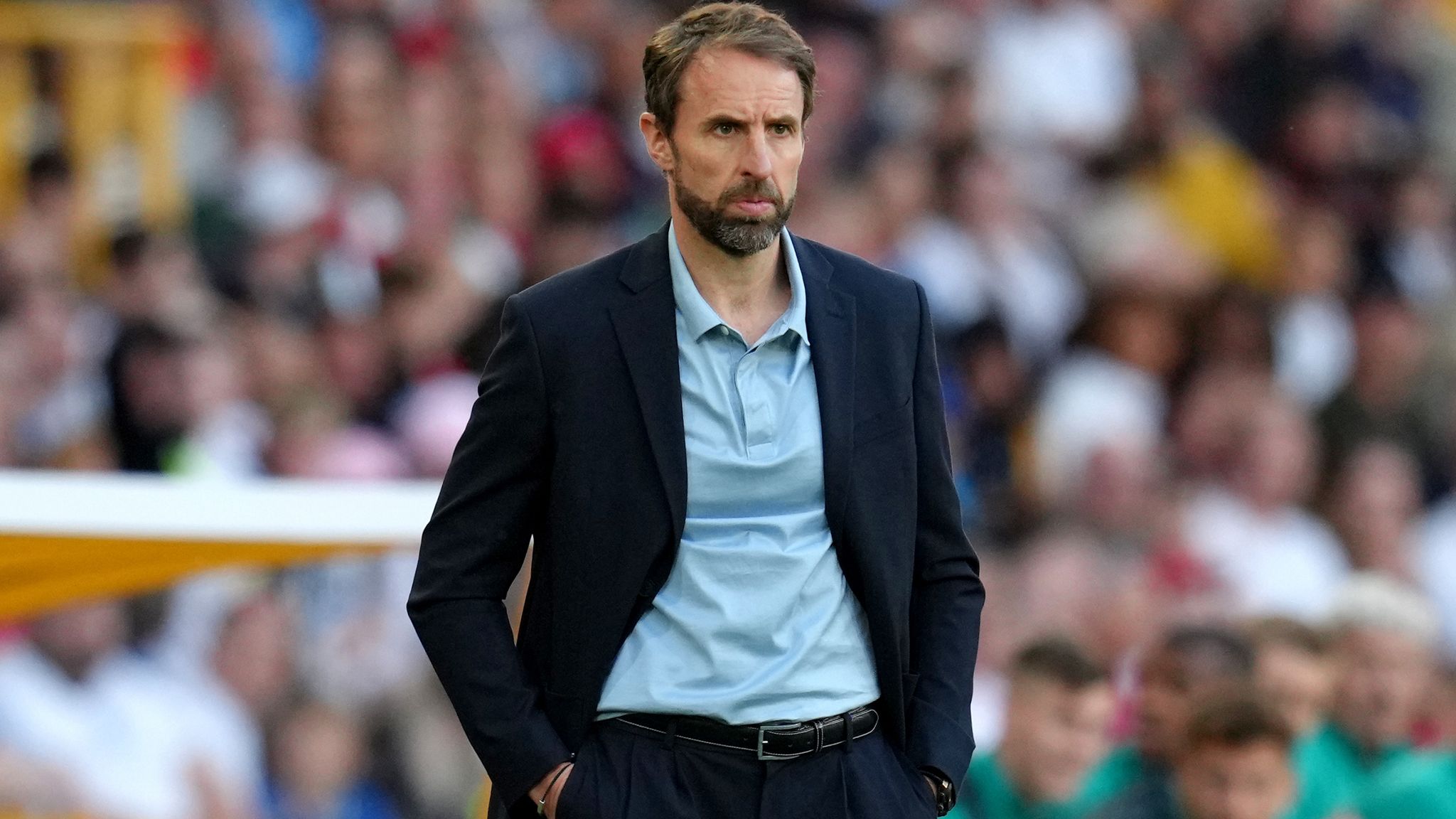
Gareth Southgate: The Team Builder
His coaching philosophy has always been about connection: “My approach would be to have empathy with people. As a coach, you always have to be there to support the person; improving them as a player becomes secondary to a degree. But if a player feels that you respect them and you want to help them, then they are more likely to listen to you and follow you.”
Tactically, Southgate has been flexible. He used a back three at the 2018 World Cup, shifted to a 4-3-3 and 4-2-3-1 in later tournaments, and averaged 64% possession with England. Unlike Amorim, who is stubborn with his 3-4-3 system, Southgate adjusts to the players he has.
His weakness is club football. Managing international tournaments is very different from the daily grind of a club season, and Southgate hasn’t managed at club level since Middlesbrough in 2009. Would he survive the unforgiving cycle of Old Trafford, where patience is measured in weeks, not summers? That’s the gamble.
So, Who’s Really an Upgrade?
🔹Glasner is flexible and proven in Europe, but his style might be too negative for United fans.
🔹Iraola offers energy, transitions, and echoes of United’s DNA, though his squad's needs would clash with Amorim’s rebuild.
🔹Southgate brings calm, man-management, and tournament pedigree, but no recent club track record
Each candidate offers something Amorim doesn’t, but each also comes with risk. The question for United’s board isn’t just about tactics. It’s about identity: what kind of football do they want Old Trafford to stand for?

